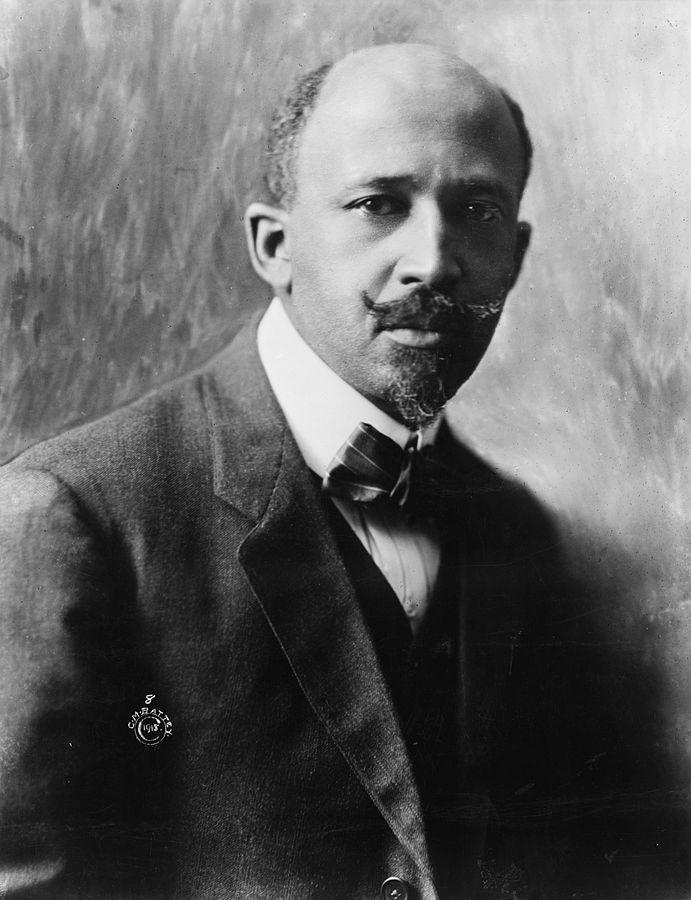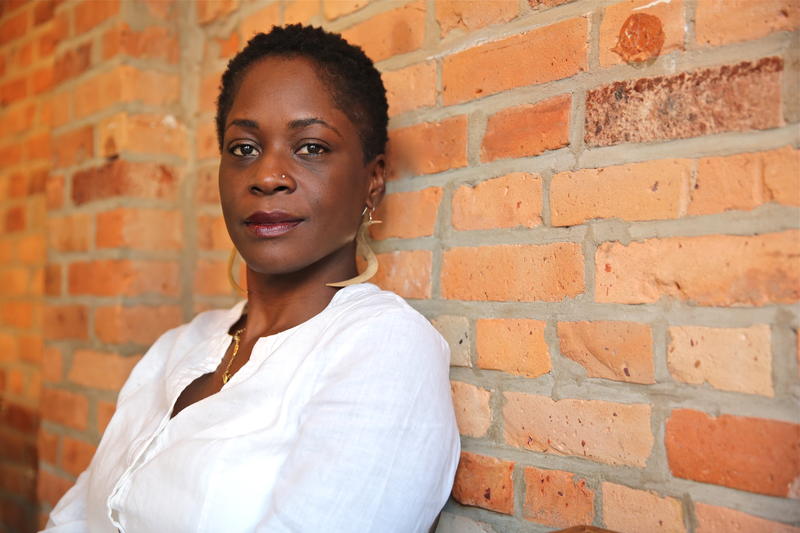When Ancestry Search Led To Escaped Slave: ‘All I Could Do Was Weep’
Fresh Air (From WHYY in Philadelphia)
National Public Radio
2016-01-18
Terry Gross, Host
When she was in fifth grade, Regina Mason received a school assignment that would change her life: to connect with her country of origin. That night, she went home and asked her mother where they were from.
“She told me about her grandfather who was a former slave,” Mason tells Fresh Air’s Terry Gross. “And that blew me away, because I’m thinking, ‘Slavery was like biblical times. It wasn’t just a few generations removed.’ ”
But for Mason, slavery was a few generations removed. She would later learn that her great-great-great-grandfather, a man named William Grimes, had been a runaway slave, and that he had authored what is now considered to be the first fugitive slave narrative.
“William Grimes’ narrative is precedent-setting,” Mason says. “[It] was published in 1825, and this was years before the abolitionist movement picked up slave narrative as a propaganda tool to end slavery. It sort of unwittingly paved the way for the American slave narrative to follow.”
Grimes’ original narrative tells the story of his 30 years spent in captivity, followed by his escape in 1814 from Savannah, Ga. He describes how his former owner discovered his whereabouts after the escape and forced him to give up his house in exchange for his freedom. (An updated version, published in 1855, includes a chapter about Grimes’ later life in poverty.)
Life of William Grimes, the Runaway Slave was again republished in 2008 by Oxford University Press. The latest edition was edited by Mason and William Andrews, a scholar of early African-American autobiography…
…Interview Highlights
On learning from her mother that her ancestors had been slaves
She talked about Grandpa Fuller, who was a mulatto slave. And I inquired about his parentage and she told me that his father, from what she knew, was a plantation owner, and his mother was an enslaved black woman. …
And I’m asking, “Well, that’s weird. Did his father own him?” … I mean, how do you explain … to children that slavery existed in freedom-loving America, No. 1; and No. 2, how do you explain to a child about an enslaved heritage shrouded in miscegenation? It’s not an easy thing to do…
Read the story highlights here. Listen to the interview (00:35:55) here. Download the interview here.




